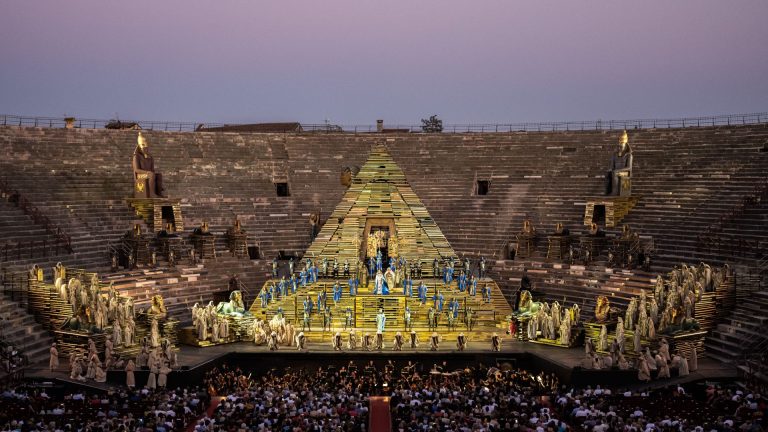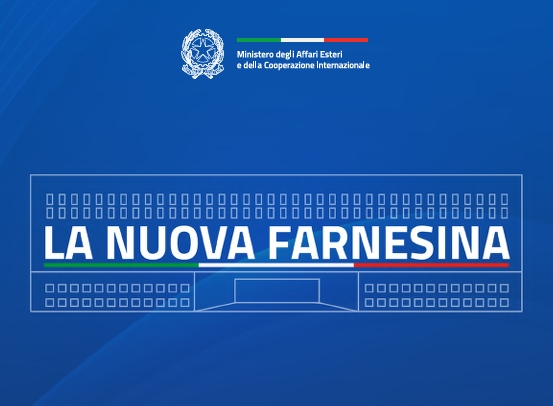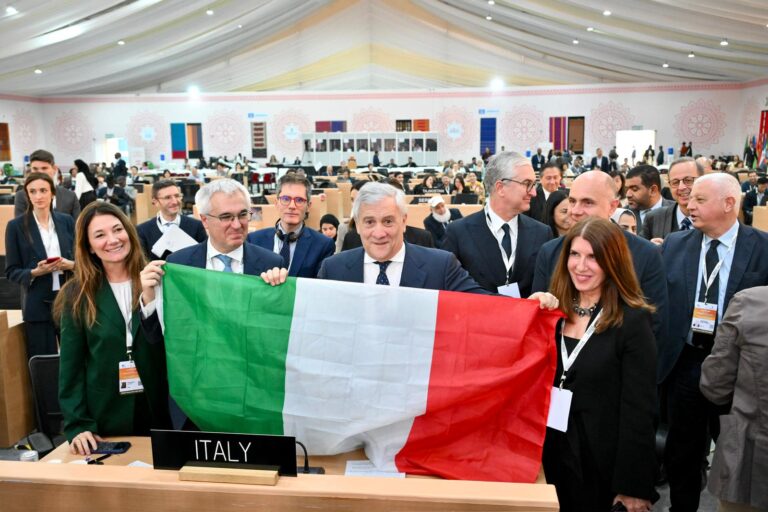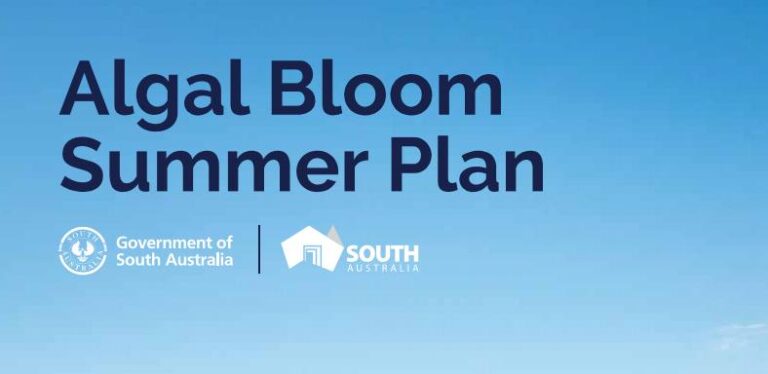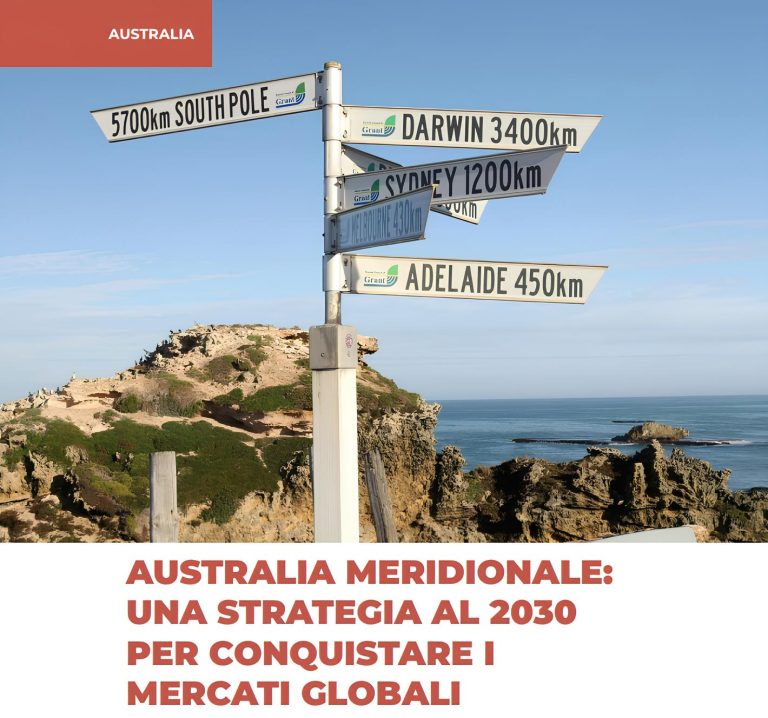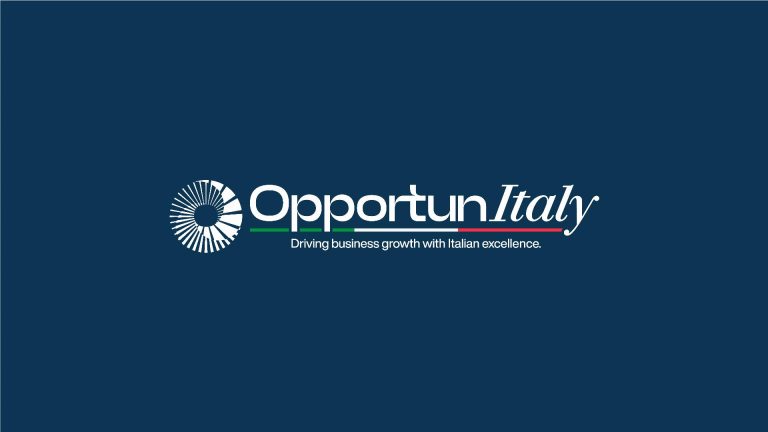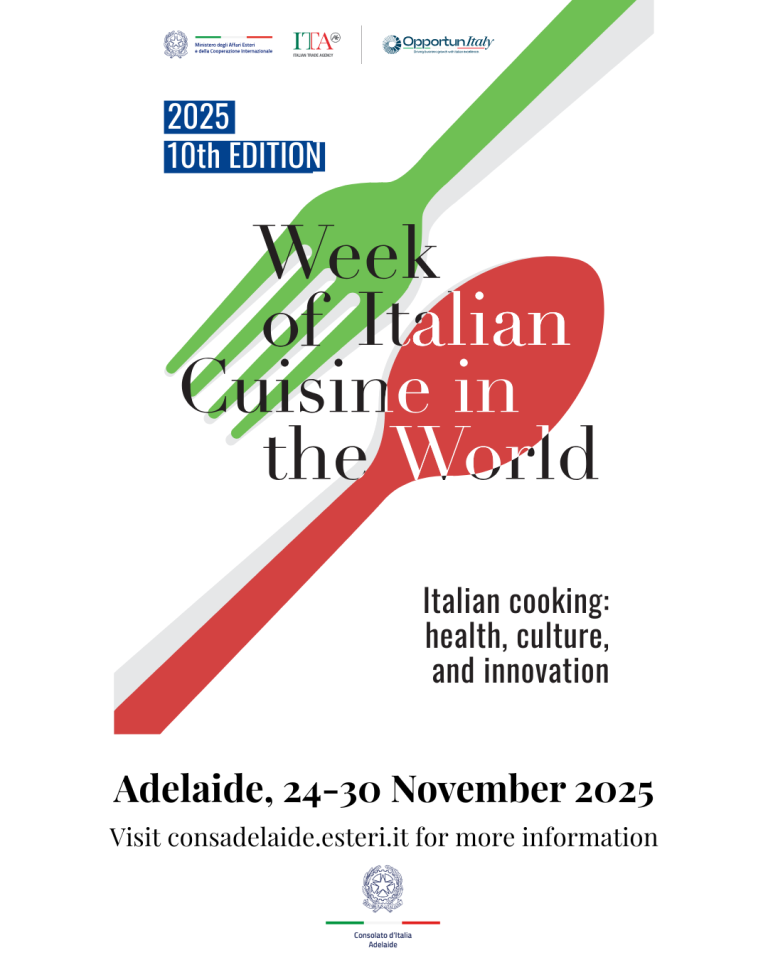The International conference Reggio Emilia Australia Information Exchange (REAIE) 2025 recently concluded at the Adelaide Convention Centre. Held from 3 to 5 July, the event was titled Landscapes of Collaboration: New possibilities for education in complex times. The event provided a valuable opportunity for dialogue and reflection on the challenges and opportunities in contemporary education, through the lens of the renowned Reggio Emilia Approach which places great emphasis on the active role of the child in the learning process and is considered an Italian excellence in the field of education, studied and replicated in over one hundred countries worldwide.
Founded in 1994, REAIE serves as a platform for exchange and collaboration among educators, families, and communities in Australia, inspired by the pedagogical principles developed in the city of Reggio Emilia. The 2025 edition of the conference focused on themes of collaboration, creativity, and the active involvement of children, families, and learning communities, constructively addressing the complexities of today’s educational landscape.
Numerous speakers from diverse educational contexts across Australia shared innovative projects and pedagogical practices inspired by the Reggio Emilia Approach, offering participants a rich and multifaceted perspective.
Underscoring the importance of international dialogue, Italian speakers Elena Maccaferri and Consuelo Damasi also took part in the conference thanks to the support of the Italian Cultural Institute in Melbourne and the Consulate of Italy in Adelaide.
The Government of South Australia has always looked to this model as a source of inspiration for its educational policies and teacher training, becoming one of the founding members of the Reggio Children Foundation – Loris Malaguzzi Centre. This longstanding alliance has played, and continues to play, a vital role in the development of the preschool education system in the state, supporting the adoption and dissemination of the Reggio Emilia Approach. Over time, this collaboration has strengthened a shared educational vision grounded in children’s rights, active participation, and pedagogical innovation. The presence of the Hon. Blair Boyer MP, Minister for Education, and Kim Little, from South Australia’s Office for Early Childhood Development, underscored the government’s ongoing commitment to the field of early childhood education.
The REAIE 2025 conference reaffirmed the importance of international collaboration in building educational systems capable of responding with intelligence and sensitivity to the complexities of our time, demonstrating the value of educational systems that prioritise collaboration and dialogue.
As part of the conference programme and throughout the month of July, the exhibition-atelier The Mosaics of Marks is also on display. The exhibition shares research from Reggio Emilia’s infant-toddler centres and preschools, exploring the theme of mark making and drawing woven with narrative, and invites visitors to experience children’s thinking through expressive languages.
Key Themes and Sessions
Throughout the conference, speakers explored how to shape education that is increasingly attentive, inclusive, and participatory. By emphasising authentic connections with nature, deep listening, and active collaboration among all stakeholders, the program highlighted meaningful and inspiring experiences. Topics ranged from educational design to interdisciplinary collaboration, from the pedagogy of wellbeing to the appreciation of Australia’s rich cultural diversity, and from creative play to the responsible use of digital technologies in educational settings.
Projects presented during the event illuminated new ways of implementing the Reggio Emilia principles within complex and ever-changing contexts, offering valuable insights for educators and communities committed to cultivating an educational future rich in possibilities and shared responsibility.
The conference emphasized how the Reggio Children Foundation continues to serve as a source of inspiration for an educational approach built on collaboration, listening, co-construction, and deep respect for cultural and natural contexts, providing a guiding light for education in complex times.











